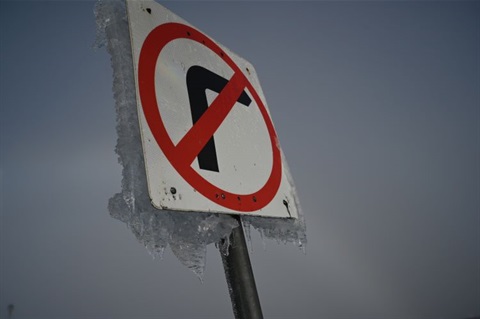Health evidence has spearheaded concerns about the Middle Arm Industrial Precinct Senate Inquiry in Canberra today as health experts urge the Federal Government and the Northern Territory Government to regulate health impact.
CAHA Chief Executive Officer Michelle Isles, Doctors for the Environment Australia Executive Director Dr Kate Wylie and former Northern Territory Physician Dr Katherine Barraclough urged Senators to consider the damaging health and climate impacts of gas expansion.
Dr Kate Wylie said she had grave concerns about the potential health harms associated with the proposed development.
These included the emissions of benzene (a known carcinogen) and other toxic air pollutants, and the development of Middle Arm being closely linked to unconventional gas extraction (fracking) in the Beetaloo Basin.
Studies show that residing within 10-15 km of an unconventional gas development is associated with higher mortality, with the risk particularly elevated in down-wind communities.
After working in the NT, Dr Barraclough said she was deeply concerned about the ability of the NT health system to cope with health impacts to local populations, which may include increased rates of heart, lung and kidney disease, some cancers including leukaemia, and risky pregnancies.
“As a precinct designed to facilitate expansion of the gas industry in the NT, it will enable the health harms associated with gas extraction and climate change to proceed.”
Ms Isles said the world is in a climate crisis and the NT is particularly vulnerable. The impact on human health and increases in demand for health services adds stress on the people and institutions providing those services.
Ms Isles told the Senate Inquiry it was crucial that all development proposals adopt a precautionary, ‘health in all policies’ approach, to fully assess health and climate impacts.
She said the MAIP proposal was a source of significant concern for Australia’s health community, including the 120 health organisations under CAHA’s remit.
“The risks of progressing projects supported by unconventional gas represented a major health crisis for vulnerable populations,” she said.
“The contamination risk to ground and surface water in the NT will affect communities across the region and the methane impact from this project will accelerate climate change globally exacerbating existing health and wellbeing challenges in Australia.”
Apart from the obvious health issues associated with mining gas, Ms Isles said that fracking posed serious health risks including:








